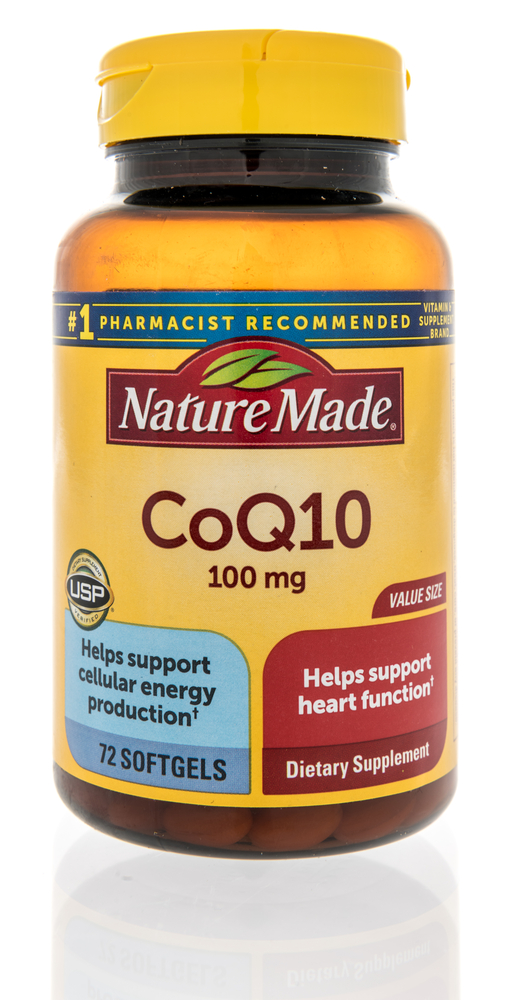The writer of twice-monthly health columns is a practicing cardiologist, clinical professor at Wayne State University School of Medicine and founder of the Kahn Center for Cardiac Longevity in Bingham Farms. He is an author and has appeared on national TV, including "Dr. Oz" and "The Doctors Show."
By Dr. Joel Kahn

I have heard it over and over from patients: “My doctor said vitamins are a waste of money and just make expensive urine.” Is that true? Are all vitamins worthless? After studying nutrition for decades and supplements for years, I think Coenzyme Q10 (CoQ10), is a vitamin worth serious consideration.
Coenzyme Q10 (CoQ10), a nutrient providing energy in every cell in our body, was discovered in 1957. It’s also a powerful antioxidant, protecting against the damage that drives many chronic diseases.
Blood levels of CoQ10 drop as we age. If we take cholesterol-lowering statin medication like Lipitor, the blood levels fall even more dramatically. There are no healthy food sources that are naturally rich in CoQ10.
The strongest data for CoQ10 being a value for heart health is its role in a serious condition impacting many people: congestive heart failure (CHF).
In a study, 420 CHF patients were given a placebo or CoQ10 daily. The rate of heart issues and death were cut by 25-50% in those taking CoQ10 (SymbioQ study). CoQ10 was well tolerated and safe in these patients. That is impressive for a vitamin that can be bought at local vitamin shops.
Other conditions that have been studied to evaluate the role of supplemental CoQ10 include hypertension (high blood pressure), migraines and gum disease. In all of these, multiple research studies in humans have shown a benefit of taking CoQ10 without risk or side effects.
CoQ10 may have an even more profound impact on significantly reducinging heart disease risk in healthy elderly citizens. In a large study in Sweden, citizens between 70 and 88 that were free of heart issues agreed to take CoQ10 with another vitamin called selenium or placebos. Although the study was four years in duration, the participants were followed for 12 years overall. The risk of dying of heart disease after four years was cut in half in the group on CoQ10 and selenium versus placebo, and the difference was sustained over 12 years.

Dr. Joel Kahn: "Not all vitamins result just in expensive urine."
Research literature also found other benefits. Although not resolved, patients requiring statin cholesterol medications like Lipitor may get less muscle aches by taking CoQ10 with their statin. Furthermore, CoQ10 helps lower cholesterol, adding to the statin benefits.
Finally, in patients with metabolism disorders that put them at risk for heart disease and diabetes, randomzed studies with CoQ10 identify lower inflammation and less risk of the syndrome.
For 40 years, data supporting CoQ10 to promote heart health, and the possibility of reducing risk of developing or dying from heart diseases, has been growing.
Fortunately, CoQ10 is well-tolerated and safe even at relatively high doses. I advise my clinic patients to optimize their health over age 40 with the daily use of CoQ10.
Clearly, not all vitamins result just in expensive urine. Happy Heart Month.











